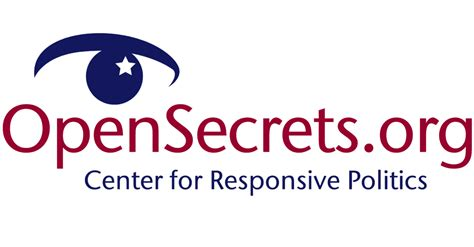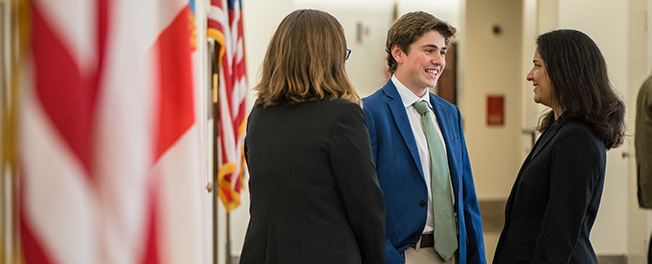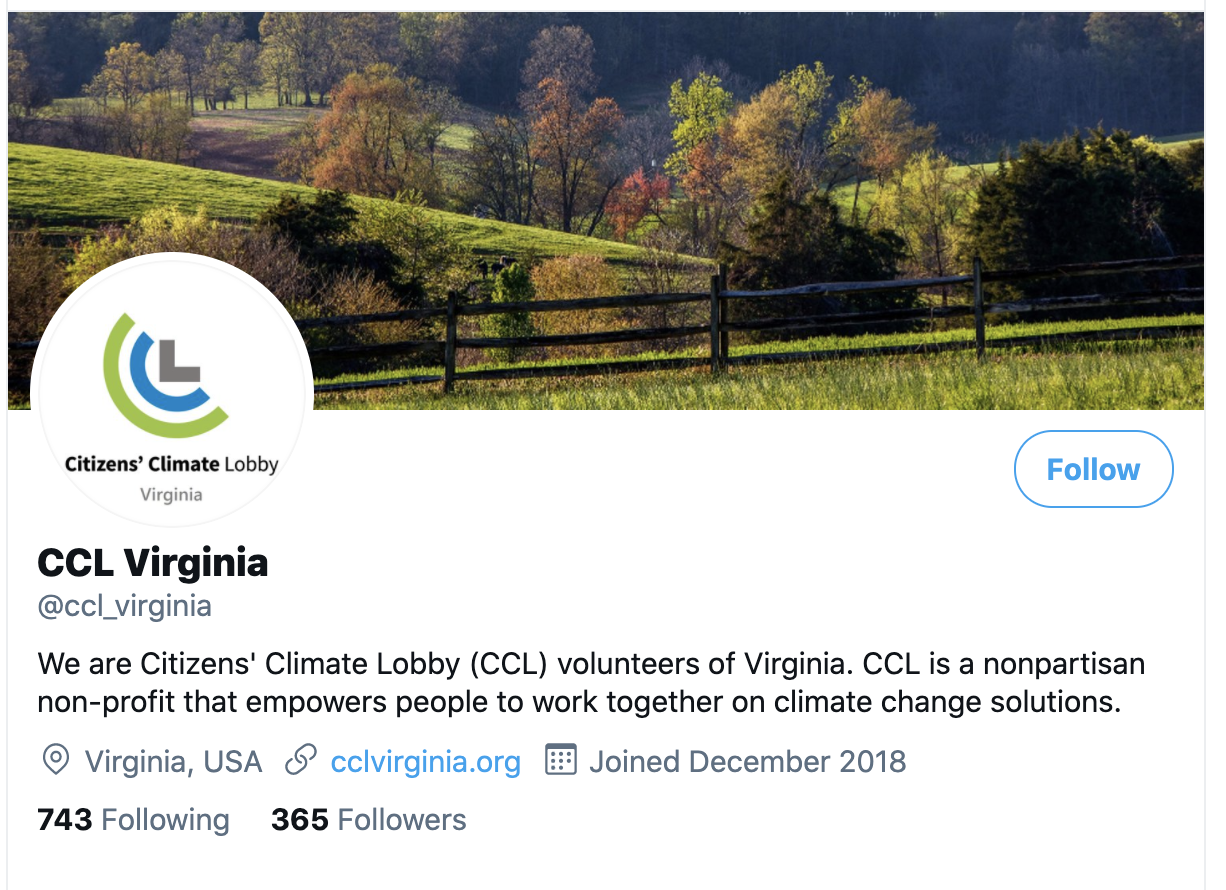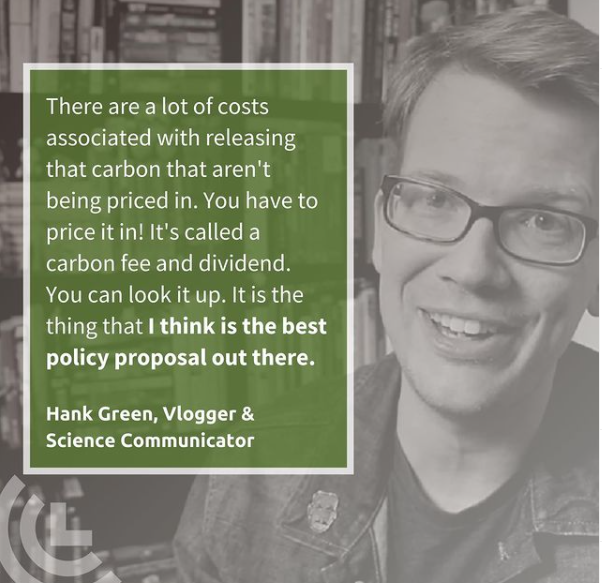
An Enterprising Attitude Towards Endorsements
By: Sydney Mason
Endorsements, although one of the most important components of Citizens’ Climate Lobby’s work due to their power in convincing representatives, have never come easily. Much of the work falls on a few individuals within the grasstops team due to the stress and anxiety that surrounds the idea of endorsements for most CCL members. The primary objective has always been to get large, meaningful endorsements with high profile organizations and individuals, but in practice, getting support is never easy, and only attempting to get endorsements from prominent individuals and organizations wasn’t sustainable. Something had to change to get endorsements more frequently and to make the process accessible to all CCL members. Enter the Low-Hanging Fruit In Abundance 100 Day Endorsement Challenge.
Spearheaded by Sharon Bagatell and other members of the RDU grasstops team this past fall, the project sought to continue building momentum for the Energy Innovation and Carbon Dividend Act as the end of the 116th Congress loomed. The challenge called on all members of the Raleigh-Durham chapter of CCL to get endorsements from locally prominent individuals within their own communities, whether it be a faith leader, farmer, local business owner, etc.
The idea was that a CCL member would be more likely to try and get an endorsement from someone if the person was someone in their community that they regularly interacted with versus someone in a position of power that they felt nervous about conversing with. With this philosophy, the RDU Chapter hoped to get 100 endorsements in 100 days, an ambitious goal, but one that the grasstops team thought could be achieved with this new take on endorsements.
How Do I Get An Endorsement?
The endorsement process requires rigorous research and perseverance. Dr. Norma Safransky, known as the endorsement queen among members of the RDU chapter of CCL due to the large number of endorsements she has gained over a short period of time, gave me insight in our conversation on her endorsement process. Her process begins with finding politicians, and then researching their biggest campaign donors on the site OpenSecrets. After that, Dr. Safransky isolates a donor to a local politician, and contacts them requesting an endorsement for the Energy Innovation and Carbon Dividend Act. These requests often take a few weeks to get a response, and in the meantime, she continues to follow-up, continuously requesting a meeting, or a confirmation as to where the individual may stand regarding an endorsement. She persists until she either gets a meeting, an endorsement, or a statement saying that an individual will not support the bill. In her words, “You have to make them say no to you”, because at the end of the day, any answer is better than no answer.
Dr. Safransky considers an endorsement meeting in itself a victory because of the power of just “getting a bug in someone’s ear” about climate change and the Energy Innovation and Carbon Dividend Act. Even if all that is achieved is educating someone about climate change and carbon pricing legislation, they know more than before you reached out to them, which continues to advance our goal of building political will to create a livable world.

The site OpenSecrets is one that is integral to Dr. Norma Safransky’s research, primarily for its ability to locate major donors to political campaigns.
Why Low-Hanging Fruit?
The endorsement project gets its name from the concept of “low-hanging fruit” or something that is easy to get, conveying the message that this should both be an easy process.
Large numbers of endorsements from less prominent individuals have just as much power if not more. Hence the saying that goes with the project, “low hanging fruit in abundance”. The goal of the project is to get support of locally prominent individuals such as: large donors to a politician, farmer, or individuals within certain industries that are important to the economy. By doing so, the Energy Innovation and Carbon Dividend Act gets more appealing to the politicians that represent those communities, as it is their duty to represent the will of their constituents.
Success? Well…
Although only 20 endorsements were gained during the one hundred days, Sharon Bagatell still considers the project a success. She believes that the timing of the project limited its success since many CCL members were focused on the 2020 election rather than on getting endorsements. But, it was successful in the sense that it “laid the groundwork” for future endorsement projects, and brought more attention to the endorsement process than has been in the RDU chapter for many years.
More people are now “attuned to endorsement potential” than before the inception of the project, and by urging members to reach out to local people, the RDU chapter has made the endorsement process more accessible for all individuals within the chapter.
Now, several months out from the conclusion of the Low-Hanging Fruit Project pioneered by the RDU chapter, a new result has emerged: the National Youth Endorsement Challenge, 100 Endorsements in 100 days. The latest project took the game style format of the Low-Hanging Fruit Endorsement Challenge one step further, asking youth across the country to form endorsement teams, with endorsements being assigned a value based on their significance. Many other tenets of the challenge last fall were embodied in this new initiative, including the concept of low-hanging fruit endorsements. Although in this format, low-hanging fruit endorsements earn a team the least amount of points, their importance is still paramount in introducing youth to the concept of endorsements, and in helping to shape a future defined by this new generation of CCL members.
Sydney Mason is a rising high school senior at the North Carolina School of Science and Mathematics and is the leader of the RDU Chapter of CCL’s Triangle Youth Team.




